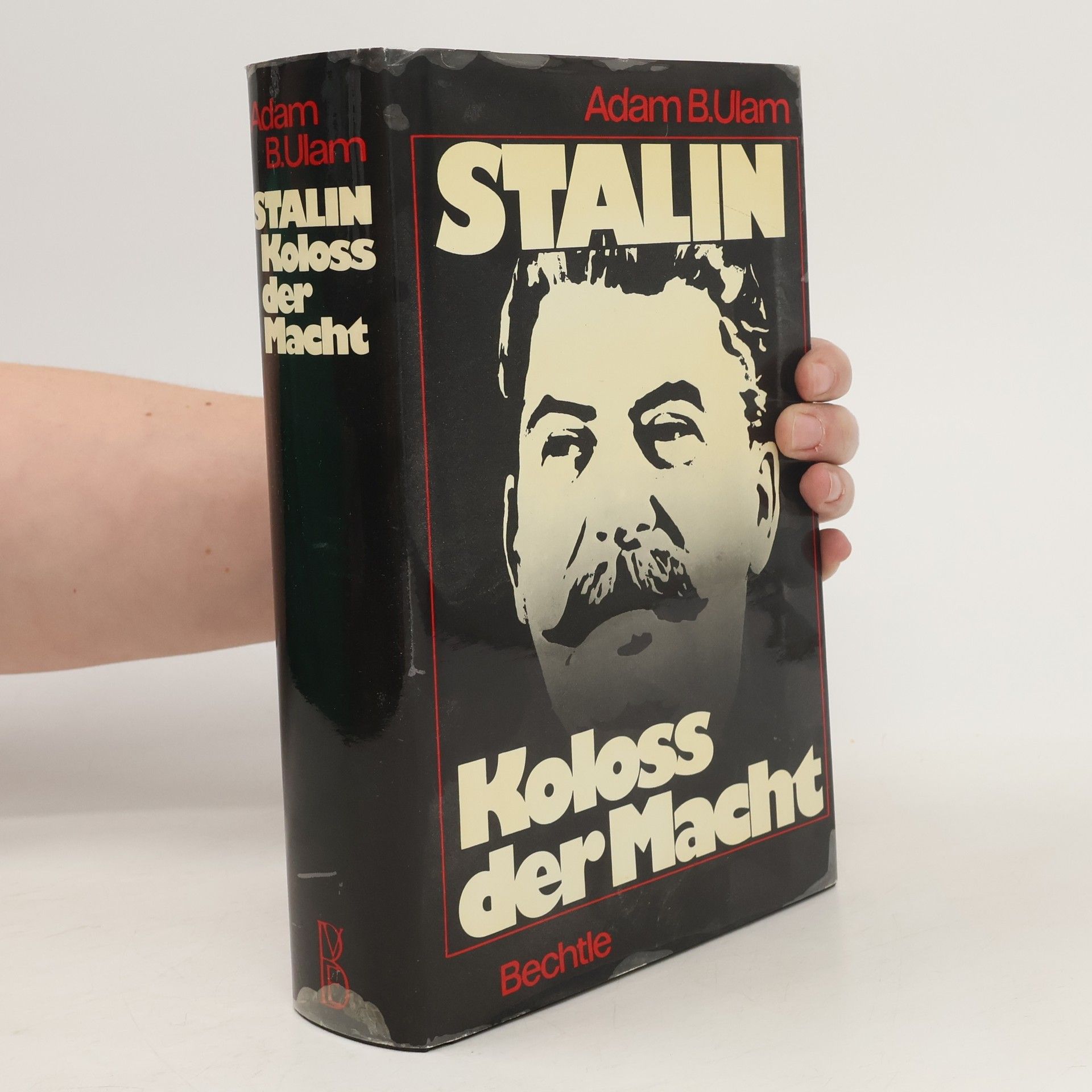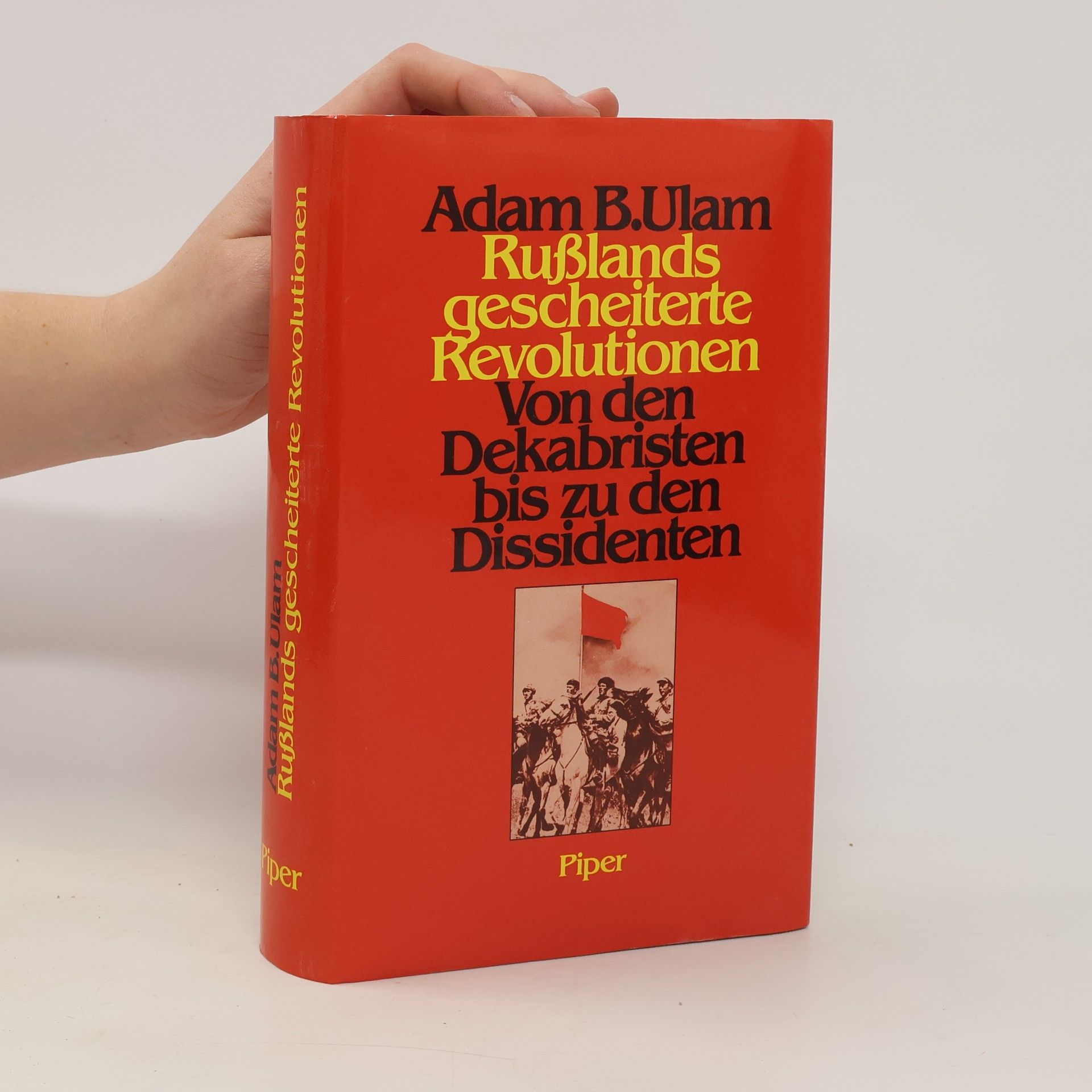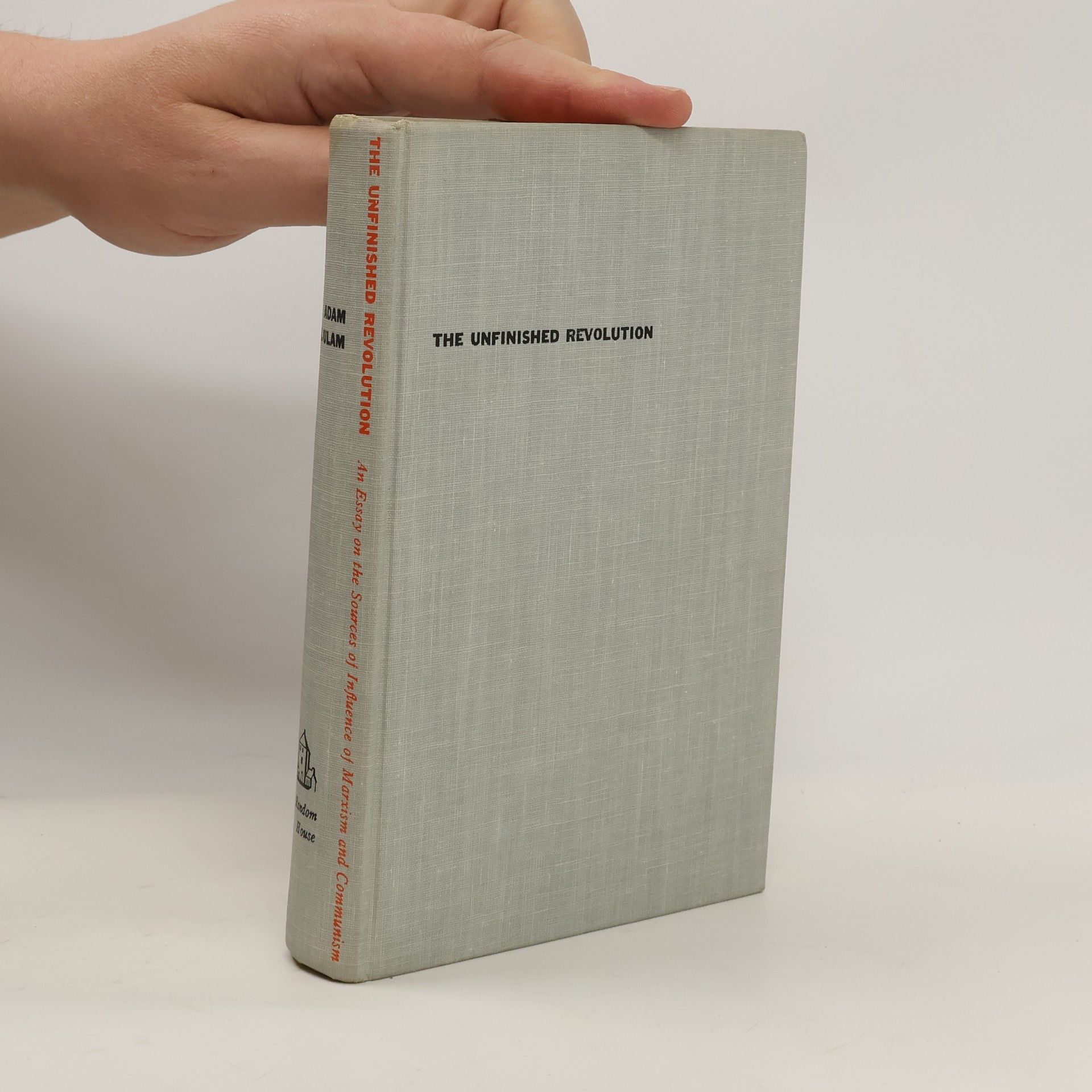Adam B. Ulam Knihy
8. apríl 1922 – 28. marec 2000
Adam Bruno Ulam bol poľsko-americký historik a politológ, ktorý sa zameriaval na Rusko a Sovietsky zväz. Bol uznávaným autoritami na túto oblasť a autorom mnohých publikácií. Jeho diela sa hlboko zaoberali zložitou históriou a politikou východnej Európy. Ulamov prístup ponúkal čitateľom jedinečný pohľad na kľúčové udalosti a myšlienkové prúdy formujúce tento región.


